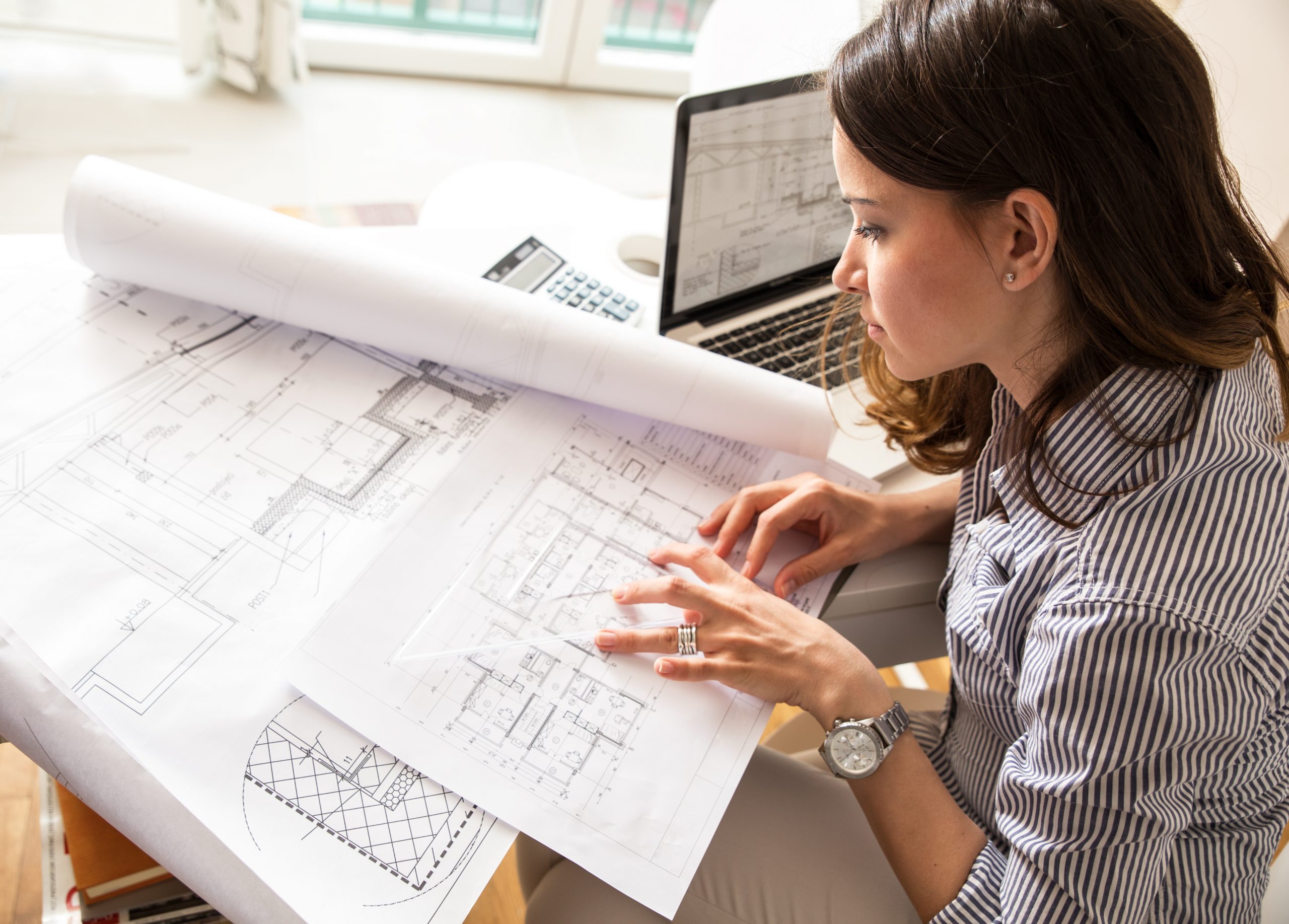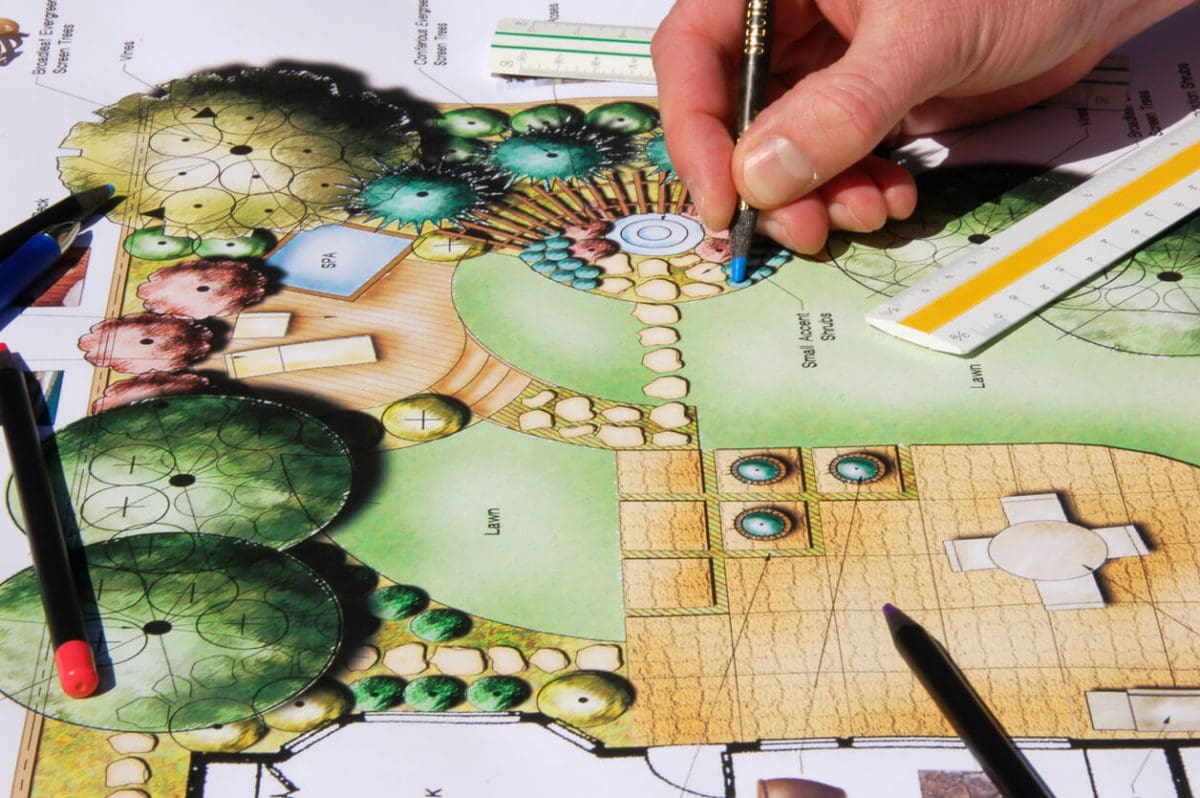Architect Design Trends to Watch in the Coming Season
Discover the Essential Skills and High Qualities Every Architect Have To Possess
As an engineer, you recognize that success in your area goes past just technical skills. It's concerning mixing creativity with practicality, promoting collaboration, and taking care of tasks efficiently. Each quality plays an essential function in your ability to create spaces that inspire and function well. What are the certain abilities that can absolutely establish you apart? Let's check out the important characteristics every Architect should cultivate to thrive in this ever-evolving career.
Creativity and Development
Creativity and advancement are at the heart of style, driving the design of spaces that inspire and operate flawlessly. You'll regularly explore brand-new materials, techniques, and technologies to boost your layouts.
You'll additionally attract ideas from various sources-- nature, art, and even everyday life can spark fresh concepts. This capacity to blend imagination with functionality enables you to address intricate troubles, guaranteeing your styles satisfy both aesthetic and practical demands.
Solid Interaction Abilities
While creating remarkable rooms needs creativity, strong interaction abilities are equally as essential for architects. You need to communicate your concepts clearly to clients, service providers, and employee. Listening is equally as crucial; recognizing your customer's vision helps you produce styles that truly meet their needs.
You'll commonly need to clarify complex concepts in a way that's simple to comprehend, whether you're providing a proposal or reviewing products. Effective communication fosters cooperation, ensuring everyone gets on the same page throughout the project.
Structure relationships is crucial, too. When you develop trust fund and connection, customers are more likely to share their problems and comments, causing much better outcomes.
Lastly, do not take too lightly the power of body movement and visual aids. They can boost your message and make your presentations more interesting. Strong interaction abilities not only raise your designs however also enhance your expert relationships in the architectural world.
Technical Efficiency in Design Software
As you browse the ever-evolving world of design, mastering layout software application comes to be essential for converting your creative ideas right into concrete strategies. Acquainting yourself with programs like AutoCAD, Revit, and SketchUp will not just boost your design abilities but likewise streamline your operations. These tools enable you to create comprehensive drawings, 3D designs, and also simulations that can aid you visualize and present your ideas more properly.
Regularly upgrading your abilities and exploring brand-new features can establish you apart from your peers, guaranteeing your layouts are cutting-edge and exact. Ultimately, technological efficiency in design software is a keystone of effective architecture, helping you bring your visions to life.
Understanding of Design Concepts

Comprehending engineering principles also enables you to anticipate potential obstacles early in the design process. You can make educated choices that boost your styles when you're mindful of just how different products act under different conditions. Your layouts must not only be cosmetically pleasing however lasting and likewise useful.
In addition, a solid understanding of engineering concepts permits you to innovate within constraints. You can press innovative limits while still sticking to safety and security standards. Eventually, this understanding enriches your building practice and sets you apart in a competitive area.
Project Monitoring Abilities
Effective project administration abilities are vital for engineers, allowing you to look after all facets of a job from conception to completion. You'll need to collaborate with various stakeholders, including designers, professionals, and clients, making sure every person's on the exact same page. Setting clear goals, timelines, and budget plans is fundamental; it assists you maintain the job on the right track and within range.
As a designer, you ought to additionally be proficient in jeopardy management, determining possible problems prior to they rise. Strong communication skills are important, permitting you to verbalize your vision and motivate your team. You'll gain from being arranged and detail-oriented, as this assists enhance processes and avoid costly hold-ups.
Furthermore, flexibility is vital; jobs frequently develop, and being adaptable allows you to respond successfully to modifications. Eventually, your job management skills can substantially influence the success of your building undertakings, ensuring you deliver top quality outcomes on time and within budget plan.
Focus to Detail
While managing tasks is crucial, your focus to information can make a considerable difference in the quality of your work. Every line you attract, every material you choose, and every little requirements you note adds to the total success of a project. You require to be precise, guaranteeing that your layouts not only satisfy visual standards yet additionally comply with building guidelines and codes.
Missing out on also a little information can lead to expensive revisions or safety and security problems down the line. By growing a keen eye for information, you boost your capability to identify possible troubles prior to they escalate. This watchfulness not just saves you time and resources but likewise constructs your reputation as a reputable Architect. Remember, it's typically the smallest details that raise a task from good to exceptional. Embrace this skill, and let it lead your style process, making certain that your vision is carried out faultlessly.
Adaptability and Problem-Solving Skills
As a designer, you'll usually face unforeseen adjustments in layout and job Architect needs. Your capacity to welcome these changes and locate innovative remedies is crucial for success. Staying flexible in your approach not just enhances your problem-solving skills yet likewise keeps your projects on track.
Accepting Modification in Layout
Welcoming adjustment in layout is essential for architects, specifically when steering progressing client needs and arising technologies. You require to cultivate adaptability, as jobs frequently change instructions based upon brand-new understandings or restrictions. Being open to transform permits you to check out ingenious techniques and create remedies that reverberate with your clients.
When confronted with obstacles, your analytic abilities come right into play. You'll typically require to reconsider principles and readjust plans on the fly, guaranteeing that the last outcome aligns with the customer's vision while fulfilling safety and regulatory standards. By being flexible and resourceful, you not only enhance your designs but likewise develop trust with your customers, verifying that you can navigate the intricacies of contemporary style effectively.
Innovative Solutions to Difficulties

Flexibility in Job Management
While maneuvering the complexities of job management, versatility ends up being a crucial property for architects. You'll frequently face unexpected difficulties, from style changes to budget restraints, requiring fast reasoning and adaptability. Accepting modification enables you to pivot your techniques and find innovative solutions, ensuring task success.
Strong problem-solving abilities are crucial; they enable you to assess situations, consider choices, and execute efficient solutions on the fly. When working with diverse groups, being open to responses and different ideas promotes partnership and sparks creative thinking.
Often Asked Inquiries
What Educational History Is Needed to Come To Be a Designer?
To end up being an architect, you'll require at least a specialist level in architecture, often a Bachelor's or Master's. Finishing a teaching fellowship and obtaining licensure with exams is crucial for your profession development.
How Crucial Is Networking in the Architecture Field?
Networking's crucial in design. It aids you develop partnerships, discover work chances, and gain understandings from here seasoned specialists. By getting in touch with others, you improve your career leads and stay updated on sector trends and growths.
What Are the Common Career Paths for Architects?
Typical job paths for designers consist of design functions in firms, task monitoring, metropolitan preparation, and specialized areas like sustainable architecture. Architect. You could additionally check out mentor or consulting, relying on your experiences and passions
Exactly How Can Architects Keep Updated With Industry Trends?
To stay upgraded with industry trends, you should on a regular basis attend seminars, sign up with specialist organizations, subscribe to appropriate publications, and engage with on the internet forums. Networking with peers also helps you obtain insights right into arising developments in design.
What Duty Does Sustainability Play in Modern Design?
Sustainability shapes contemporary design by emphasizing energy efficiency, resource conservation, and environment-friendly materials. You'll develop rooms that lessen more info environmental effect, boost passenger health, and reply to climate challenges, making your layouts extra impactful and relevant.
While creating impressive areas needs creative thinking, solid communication skills are simply as vital for designers. Strong communication skills not just raise your designs yet additionally enhance your professional partnerships in the building globe.
Efficiency in design software program lays the foundation for a deeper understanding of design principles, which is important for architects.As an engineer, you'll typically face unforeseen changes in design and job demands.Embracing change in design is vital for architects, particularly when guiding progressing client demands and emerging modern technologies.